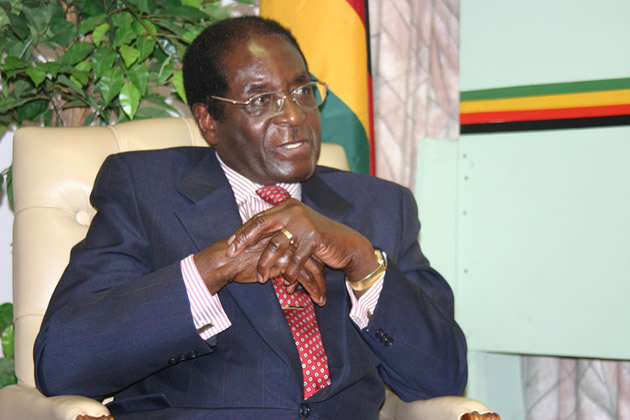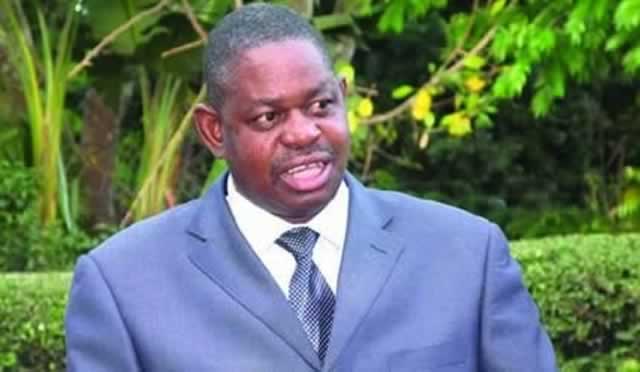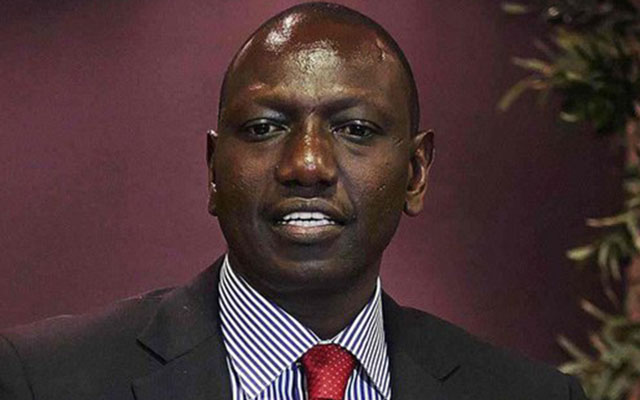President Mugabe’s African dream

Tichaona Zindoga Political Editor
Apart from the seminal anti-colonial visions of African liberation and unity thereof, which were held by luminaries such as Kwame Nkrumah, one could argue that in modern times there have not been many compelling visions by statesmen and leaders on the continent.
If one were to take President Mugabe’s vision of industrialisation, beneficiation and value addition, one could argue that in recent times, it is about the most compelling paradigm preached by a sitting African leader.
It is like a dream, an African dream.
When President Mugabe took the chairmanship of the regional grouping, Sadc, this time last year, he immediately sold this dream.
He did the same when he assumed the chairmanship of the African Union.
This vision is crafted from what he is trying to achieve back home through Zim Asset.
The Sadc summit held in August last year in Victoria Falls was themed, “Sadc Strategy for Economic Transformation: Leveraging the Region’s Diverse Resources for Sustainable Economic and Social Development through Beneficiation and Value Addition”.
Sadc as a region is resource rich.
It holds approximately six percent of the world’s coal, seven percent of nickel, eight percent of copper, 13 percent of uranium, 15 percent of manganese, 18 percent of cobalt, 21 percent of zinc, 26 percent of gold, 41 percent of chromite, 55 percent of diamonds and 72 percent of platinum group metals.
President Mugabe said, while accepting the chairmanship: “Our region has abundant resources, which resources, instead of being sold in raw form, at very low prices, must instead be exploited and beneficiated, in order to add value and cost to those products which we eventually export.
“This process should assist us in our efforts to industrialise, and in turn, increase employment opportunities for our people. Sadc should also wean itself from exporting raw materials, but instead seek to create value chains that lead to the exportation of finished goods. I am confident, that in our discussions, we will lay a foundation for the necessary strategies, as well as a plan of action on the beneficiation and value addition of our natural resources.
Our material resources are capable of playing a pivotal role in the development of all Sadc member-states.”
An extraordinary meeting on industrialisation was subsequently held in April.
President Mugabe explained: “It’s only through adding value to our products that we can make the first step. Value addition and beneficiation will lead to increased returns from the export of our tobacco, cocoa, coffee, cotton, wood and sugar, among others. If we continue as exporters of raw materials, we’re sure to remain trapped in the jaws of underdevelopment, while those who add value on our behalf flourish at our expense.”
He regretted that despite the rich and diverse endowments of the Sadc region, about 70 percent of the people of the region continued to live below the poverty datum line.
“By exporting our natural resources in their raw form, we aren’t only earning marginal profits, but are, in essence, compromising our efforts to create jobs, or diversify our products, or even develop our industries and are ultimately exposing our economies to the vagaries of the fluctuations of the global resource markets,” said President Mugabe.
It is an African malaise and only a dream to industrialise could extricate Africa.
“The situation is equally discouraging in other sectors. In agriculture, Sadc countries have remained as sources of unprocessed agricultural produce, thus earning a mere 10 percent of the actual value of our products.
“This sad story extends beyond Sadc to fellow African countries. It’s imperative for us to reverse this trend if we’re to achieve self-sustaining development for our countries,” he said.
President Mugabe has called for a paradigm shift.
In his view, it is a generational challenge for Africa to embark on industrialization, beneficiation and value addition – a challenge that is built on the foundation of the liberation footing of yesteryear.
He said: “Just as we were our own liberators from the colonial bondage and oppression, we’ve to find the resources to free ourselves from economic bondage. In short, we’ve to fund our industrialisation strategy.”
This is President Mugabe’s dream, and as he bows out as Sadc chair, it remains to be seen whether his successors will advance this vision of our time.









Comments